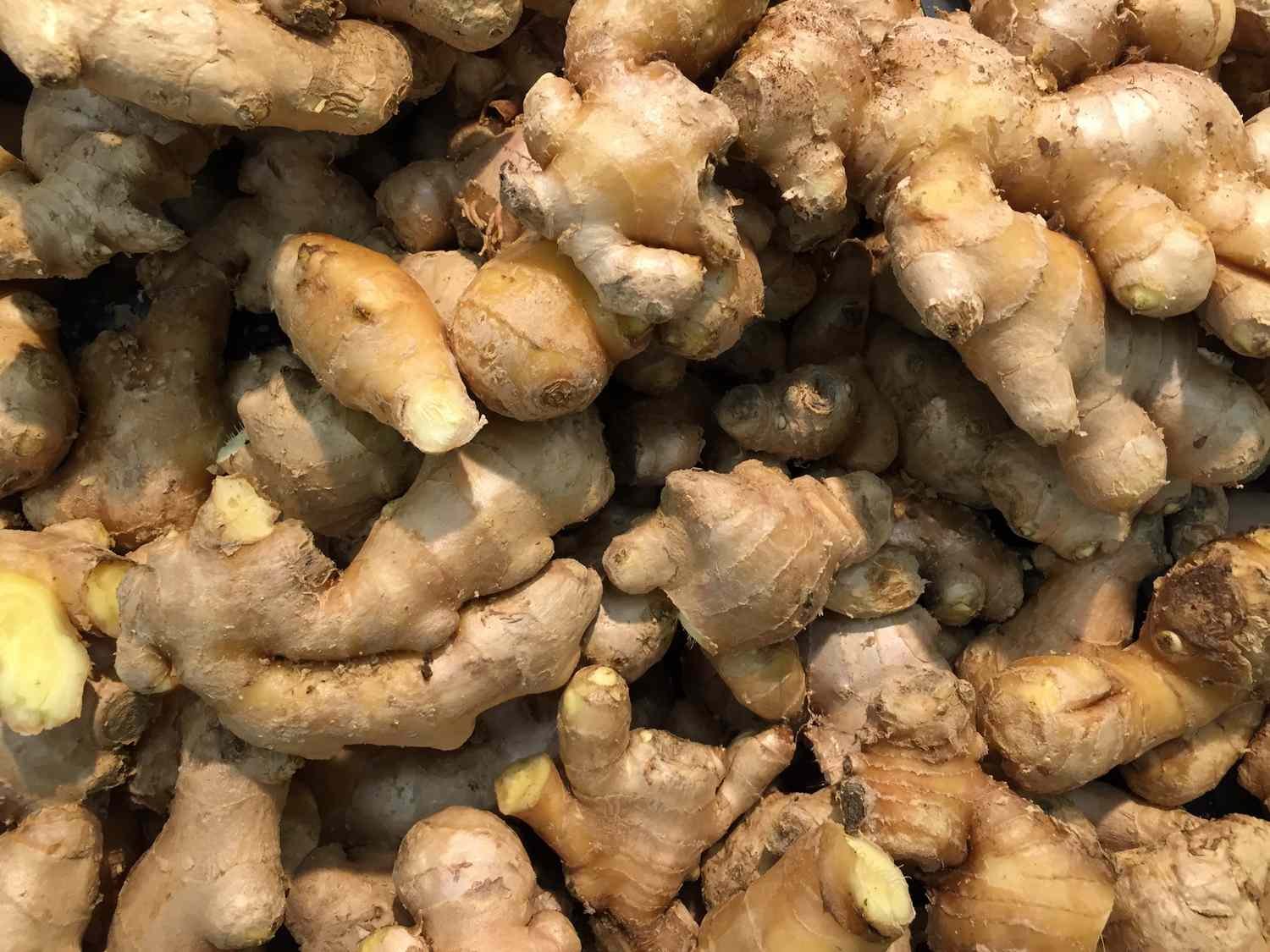Herbal medicine has been used for thousands of years. Since it is of natural origin, you might think it is safe. However, herbal remedies do not have to undergo the same quality and safety testing that is required for prescription drugs.
Therefore, when considering whether herbal medicine is safe, the correct answer is: I’m not sure. Many herbal medicines contain ingredients that are not listed on the product label. Some of these ingredients are toxic and can cause serious side effects and drug interactions. They may also contain far fewer or more ingredients than listed on the label.
In this article, we take a closer look at the evidence for and against using herbal medicine for treatment. osteoarthritis. Learn which herbs have been shown to help with osteoarthritis symptoms and which you should avoid.
Herbal medicine that may help
Researchers trying to find natural treatment options for osteoarthritis have studied several herbs. Some of these have shown therapeutic efficacy. May Benefits some people with osteoarthritis.
Although the following herbal medicines have shown promising effects, they are not considered treatments for osteoarthritis. Further research is needed to determine how these herbal remedies can be used to help people with osteoarthritis.
ASU (avocado/soybean unsaponifiables)
ASU is a natural plant extract made from avocado oil and soybean oil. Researchers believe that ASU slows down the production of certain chemicals that cause inflammation.
In theory, ASU did it Prevents cartilage destruction and slows the progression of osteoarthritis. A 2014 review of research tested this theory.
This review found evidence that ASUs may slightly improve pain and function and reduce the need for over-the-counter painkillers such as Advil (ibuprofen) and Tylenol (acetaminophen).
However, there is no evidence that ASU preserves joints or protects them from damage caused by osteoarthritis.
Boswellia serrata or Indian frankincense
boswellia It is extracted from the gum resin found in the bark. boswellia serrata wood. This tree is native to India, North Africa, and the Middle East. This extract is sometimes called Indian frankincense.
According to a 2014 review published by Cochrane, boswellia may have anti-inflammatory and analgesic (pain-relieving effects) properties. However, evidence supporting these benefits is limited and inconsistent.
A Cochrane review found high-quality evidence that people who took Boswellia serrata extract showed modest improvements in pain and joint function.
Herbal medicines that can be harmful
Despite the popularity of many herbal remedies such as ginger and nettle, there is little evidence that they can help people with osteoarthritis.
Additionally, some herbs, such as ginger and nettle, can cause unwanted and even dangerous side effects.
Before purchasing or using any herbal medicine, you should always consult your health care provider to make sure it is the right choice for you.
This is especially important if you are taking prescription medications, as many herbal medicines can have harmful interactions with medications.
cat’s claw
cat’s claws (Uncaria tomentosa) It is made from the dried root bark of a woody vine that grows in the Amazon rainforest. This extract is thought to stimulate the immune system and has also traditionally been used to treat osteoarthritis.
However, be careful if you are looking to purchase cat’s claw supplements. There are several types of vines in the cat’s claw family, some of which are extremely dangerous to ingest.
extract from the vine Uncaria tomentosa or Uncaria guianensis It is considered safe in its pure form. Senegal GreggiOn the other hand, it is a highly poisonous plant that grows in Mexico and the southwestern United States. Also called cat’s claw.
Even if you choose to consume extracts from these safer vines, you should know that there are still risks involved.
Cat’s claw extract is known to interact with certain medications, including blood thinners, diuretics, blood pressure medications, and medications that suppress the immune system.
devil’s claw
Devil’s Claw is a traditional herb used in South Africa. The active ingredient in Devil’s Claw is Harpagosidemay reduce joint pain and inflammation.
Nevertheless, there are certain caveats associated with the use of Devil’s Claw. For example, it should not be used by people receiving treatment for heart rhythm disorders, as it may affect heart rhythm.
Ginger
Ginger is obtained from the dried or fresh root of the ginger plant. Ginger contains active ingredients that have analgesic and anti-inflammatory properties and may reduce joint pain in people with osteoarthritis.
Warnings are associated with ginger. For example, ginger can interfere with blood-thinning medications.
nettle
Nettle extract is derived from the leaves and stems of the stinging nettle, a stalk-like plant native to the United States, Canada, and Europe.
Nettle is thought to reduce inflammation and reduce pain associated with osteoarthritis. Nettles can interfere with the effects of blood thinners, diabetes and heart medications, and lower blood pressure.
Feverfew
Feverfew products typically consist of dried feverfew leaves, but all parts of the plant that grow above ground can also be used. This plant is native to southeastern Europe, but has spread throughout Europe, North America, and Australia.
Feverfew does appear to have anti-inflammatory properties, but one study found that it was not as effective at relieving arthritis symptoms as a placebo.
willow bark
Extracts of willow bark have been used as painkillers.
In 2004, a study was published. Rheumatology Journal They conclude that willow bark has no effect on people with osteoarthritis.
summary
Because herbal medicines don’t have to undergo rigorous safety testing like other medicines, we don’t know exactly what they contain. Researchers found limited and inconsistent evidence that some herbal medicines may help reduce osteoarthritis symptoms. However, although these treatments are natural, they still come with the risk of unwanted side effects and drug interactions.
A word from Berrywell
A review of the most popular herbal medicines for osteoarthritis reveals that you should not consider taking herbal medicines without consulting your health care provider. Warnings related to herbal medicines and potential drug interactions should be noted. Their effectiveness against osteoarthritis also remains inconclusive.

